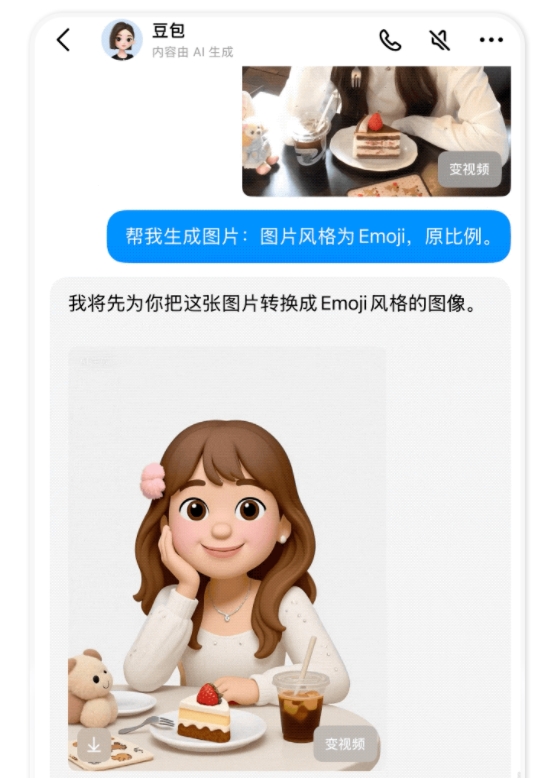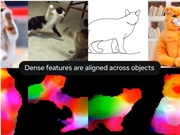OpenAI is considering introducing advertising features to ChatGPT, a move that has drawn widespread attention in the artificial intelligence industry. Nick Turley, the head of ChatGPT, publicly stated this for the first time during an interview with The Verge's "Decoder" program, saying the company is not ruling out the possibility of adding ads.
Turley said that while OpenAI currently does not have a clear advertising plan, "it is wise to keep the option open." He emphasized that if ads are introduced, they must be "carefully considered and handled properly," ensuring they do not harm the user experience. This statement signals an important shift in OpenAI's commercialization strategy.
However, Turley also acknowledged that ChatGPT itself may not be suitable for inserting advertisements. He pointed out that as a conversational AI assistant, ChatGPT needs to deeply align with users' specific goals and needs, and adding ads might interfere with this focus. Therefore, the company is more inclined to explore an advertising model in other products it plans to launch in the future.

This consideration is not without reason. Although OpenAI has achieved remarkable success in user growth, with ChatGPT's user base surpassing 700 million, the company's financial situation still faces challenges. According to the latest data, OpenAI has about 20 million paid subscription users (April 2024 data), while the vast majority of users are still using the free version.
From an income perspective, OpenAI is quite optimistic about its growth prospects for 2025. The company expects to generate $12.7 billion through subscription services, more than double the $3.7 billion in 2024. However, even with such significant revenue growth, OpenAI remains in a loss position and is expected to achieve cash flow balance by 2029.
Facing a large number of free users, Turley does not see them as a burden. Instead, he views these users as a potential group for converting to paid users. This perspective reflects OpenAI's strategic thinking about long-term user value, that is, cultivating user habits and dependency through free services, ultimately driving users to convert to paid services.
In addition to traditional subscription models and potential advertising revenue, OpenAI is exploring a new business model called "ChatGPT commerce." This project generates income by recommending products to users and earning a share. Turley specifically emphasized that the company will ensure the independence of recommendations and will not affect the quality of recommendations due to revenue from shares.
Notably, attitudes within OpenAI towards advertising strategies are not entirely consistent. CEO Sam Altman previously expressed a complex attitude toward inserting ads into ChatGPT. He once called ads "uncomfortable" and a "last resort" for the company, but later stated that he was "not entirely opposed" to this approach. This contradictory attitude reflects the company's dilemma in balancing user experience and commercial needs.
At the same time, competitors have already taken action. Elon Musk's xAI has clearly planned to add advertising features to its AI chatbot Grok, which may influence OpenAI's decisions. In the fierce competition, AI companies are all seeking sustainable profit models.
The current AI industry is in a period of rapid development, and major companies are facing huge R&D investments and operational costs. For OpenAI, how to maintain technological leadership while achieving commercial sustainability is its core challenge. While advertising revenue may bring additional capital inflows, how to implement it without harming the user experience will test the company's business acumen.
Whether or not ads are eventually introduced, OpenAI's statement has sent a clear signal: the company is actively exploring diversified business models to cope with increasingly fierce market competition and ongoing financial pressure.










